Directed by João Paulo Miranda Maria –
A girl from a very religious family seeks about her own paradise.
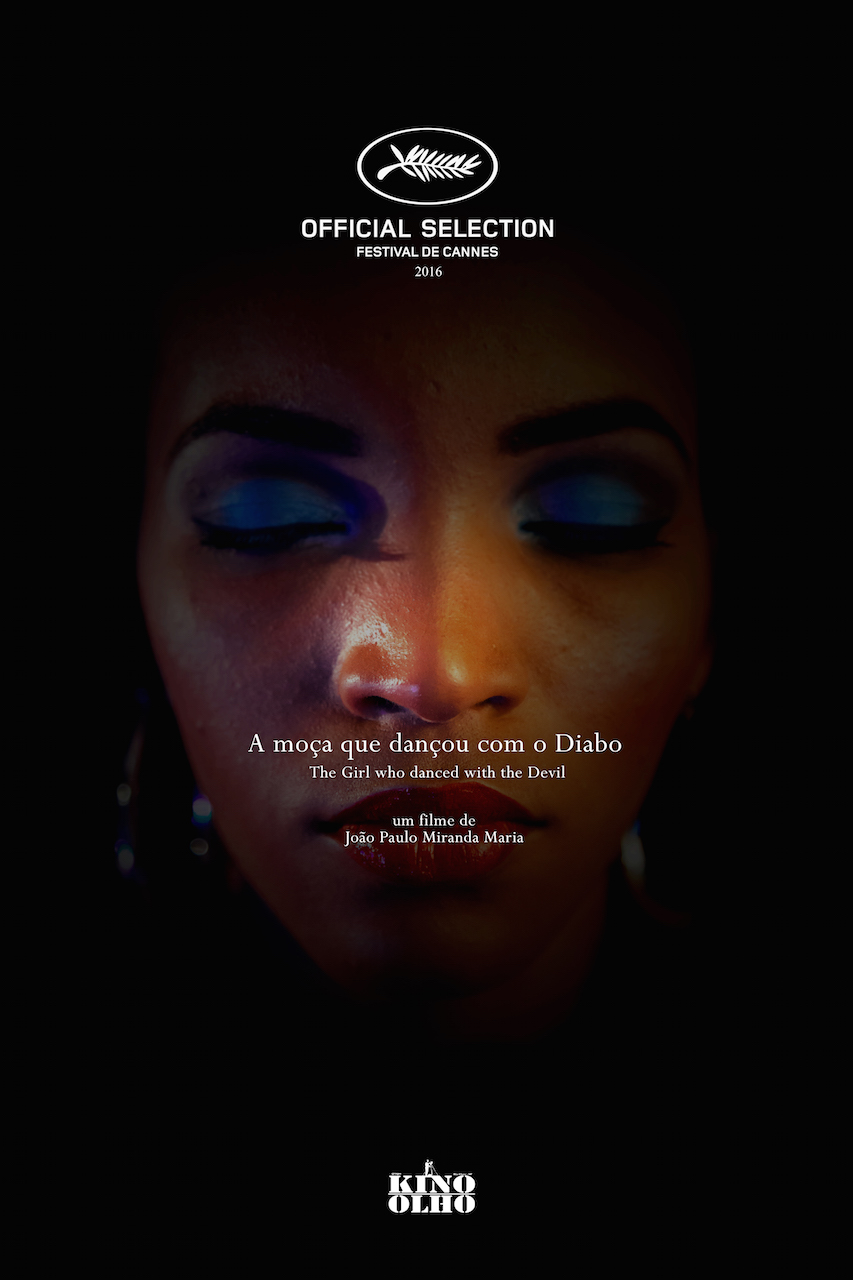
GFM: Please introduce your film to our readers?
João: The Girl Who Danced with the Devil is a story based on popular history that we listen to in the countryside of Brazil, where I live and produce my films in a small town in Sao Paulo. It’s a story I’ve known since I was a kid. It’s about a girl from almost a century ago who came from a very fanatical, religious family and her parents prohibited from dancing at a party. However, she goes against her parents’ wishes and goes to the party where she meets a strange guy with a hat. Around midnight the guy takes off his hat and you see that he is the devil and he takes her to Hell. So this is the popular story, but my film is a little different because it takes place in 2016. It’s something very current and relevant to issues surrounding other kinds of fanatical religions and conservative people. Here in Brazil we are accustomed to say that we live with two notions – the God and religious thing and the erotic and sinful thing.
Brazilian people live constantly questioning “what is religion and what is sin?” There is something very strange about our culture, but I like it so much. I tried to make my film about one girl, like the one from the original story, and how she is trying to find the perfect paradise. She is becoming a teenager and she is starting to look for love. You see her daily routine at home, which is very difficult because of the religious fanaticism – it’s very strange. The film is called The Girl that Danced with the Devil, but you cannot see the devil. The devil is something that you just feel is around in other aspects of the film, but you don’t know where it lives, it’s my idea of the film.
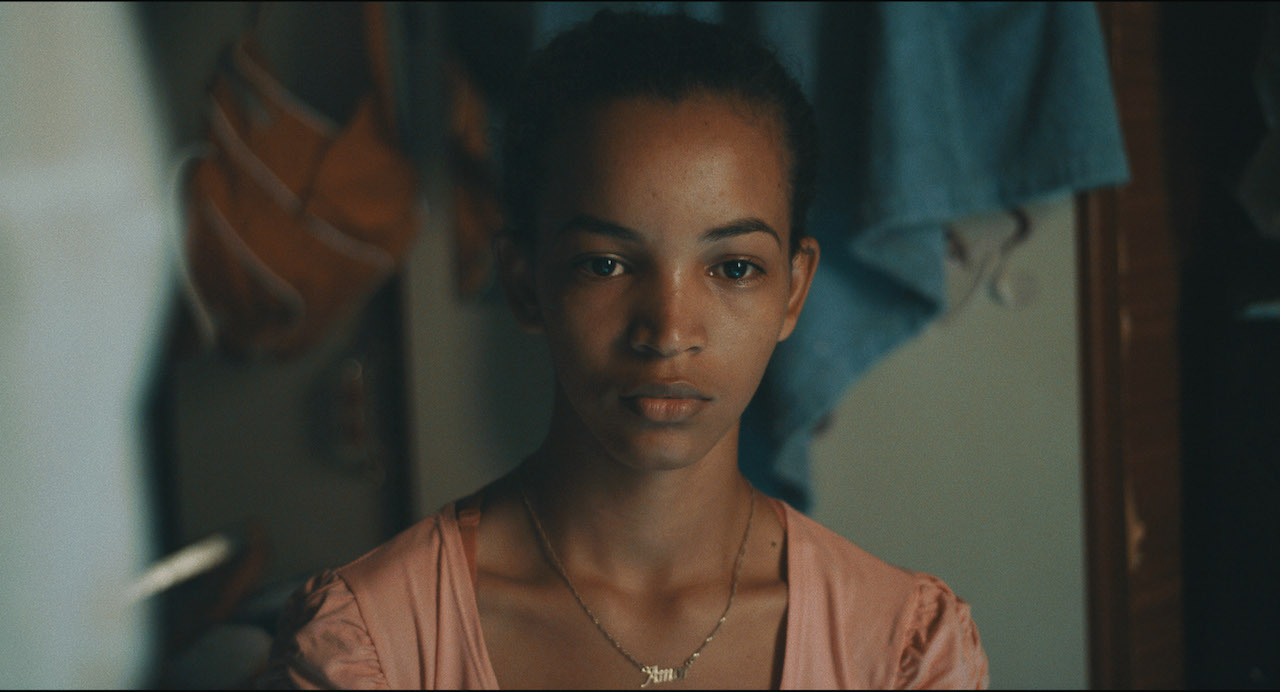
GFM: Can you share the process of developing your story. How did you take it from the idea to production?
João: I really like to work in a hybrid style with a mix of documentary and fiction. Live action and fiction works, so I like to mix the two things. I began the process by researching this popular history, but I looked around the place where I live and how people do things and what religious people are like at present. This made things very personal because my cinema is about things that are very near to me. I like to use real people, so no one in the film is a professional actor – they all live here and can relate to the situations. For instance, the guy that talks a lot in the gardens at the beginning of the film is a real priest.
Everyone who has seen the film tells us how real the actors are. I like to find the rustic and people whose faces and bodies show marks of time. You can see people that have some kind of history, with marks on their faces, in their kind of look and eyes. It’s a certain kind of presence that I’m looking for. It’s very difficult to reproduce this with professional actors. I really like the style of Carlos Reygadas who works with no professional actors.
For the process I went around the town looking for the real stories and all the details of the film are based on something I saw. Of course the hand, the fantastic hand, is a real surprise for all the people that will see the film at the festival. It’s a fantastic thing, all these simple details like the moment when the woman opens the window in the beginning of the film. All the moments are very strange and go outside of reality.
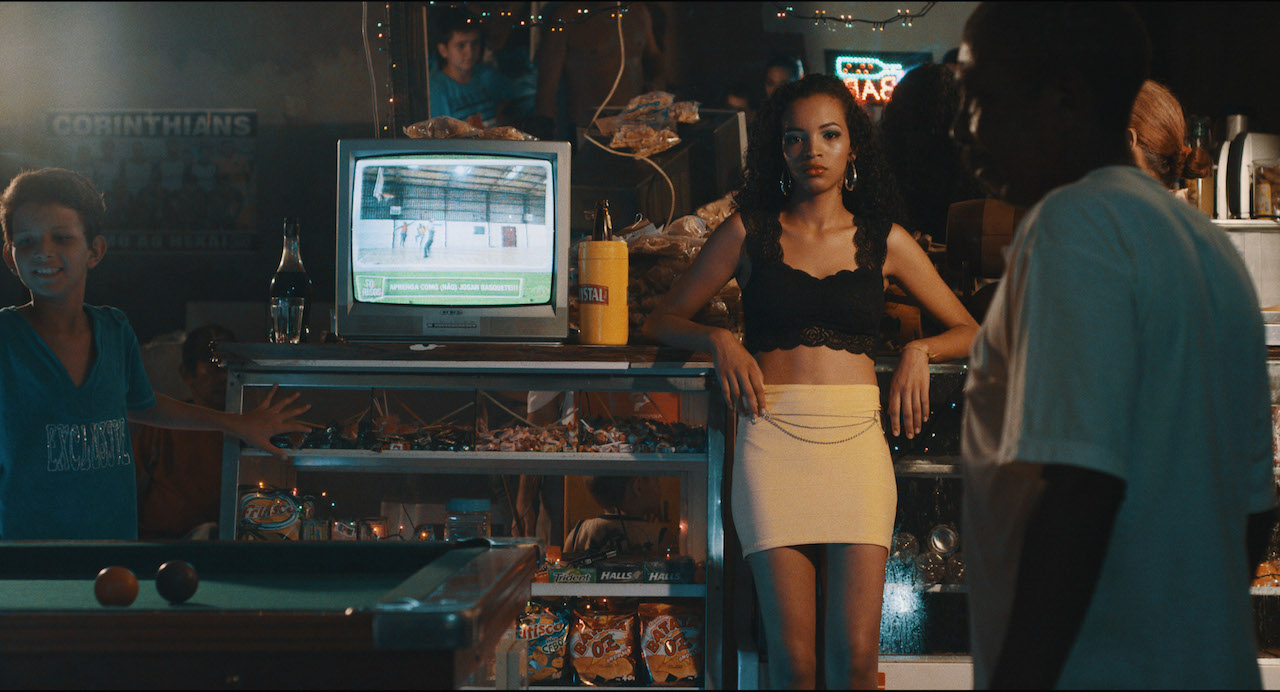
GFM: You have a great film style and seem to like using long takes and letting the action unfold in front of the camera. Can you talk about those choices and your work with your cinematographer?
João: Yes, I really like the simple things. I like to work with simple stories, simple people, rustic people, and I like to make one kind of cinema, where nothing is conventional. For me, it’s not one kind of montage. The images are also very fragmented because I like to see reality from this point of view. Each take of the film needs to feel very complete. I need to have all the information and all the details that you take from the mise en scène need to have one kind of symbol and meaning, nothing can be out of place, or just be there for the sake of it.
In this film, for example, I just did 15 takes, and the film is almost 15 minutes, so each shot is more or less one minute. It’s very long and risky on my part because when it’s a long take, you need to maintain the audience’s attention. And as I said, I like to work very hard at every detail. I want to make images where you feel something, but you cannot see the real image. You just feel something invisible, something strange that is not working so well and out of the ordinary, and that can be interpreted by the audience and they can try to understand each image.
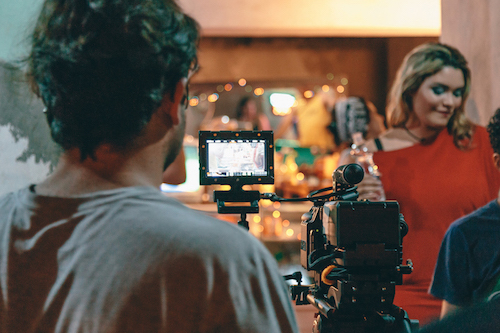
GFM: What are your feelings on returning to Cannes since your previous film Command Action was in the Semaine de la Critique last year and now you are competing for the Short Film Competition Palme dÓr. Please will you talk about your journey and relationship with the festival?
João: It was fantastic! For me it’s a sign that I am making something that works. I know we wish and dream about the prize but for me the best part about this return is that it means I am making something that people like and understand and can engage with. This kind of integration at the festival is important because where I live and work in Brazil in the countryside it’s very, very difficult to get support for production because all the financing is concentrated in the big cities like Rio de Janeiro. All the films that I made have been without any kind of money so it’s very difficult.People in Brazil tell me all the time to make more commercial films, so because of the success of this film it’s like a symbol that says to me I can continue this way. It’s very good because I’m 33 years old, which is not very young and I have two kids and responsibility to my family. It’s difficult to take on the risk of doing something very artistic, but for me it’s my life. I cannot see myself making something different. It’s so good to be in Cannes knowing that people like and understand my work.
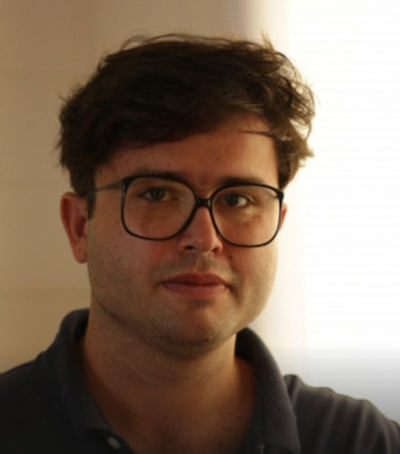
director João Paulo Miranda Maria